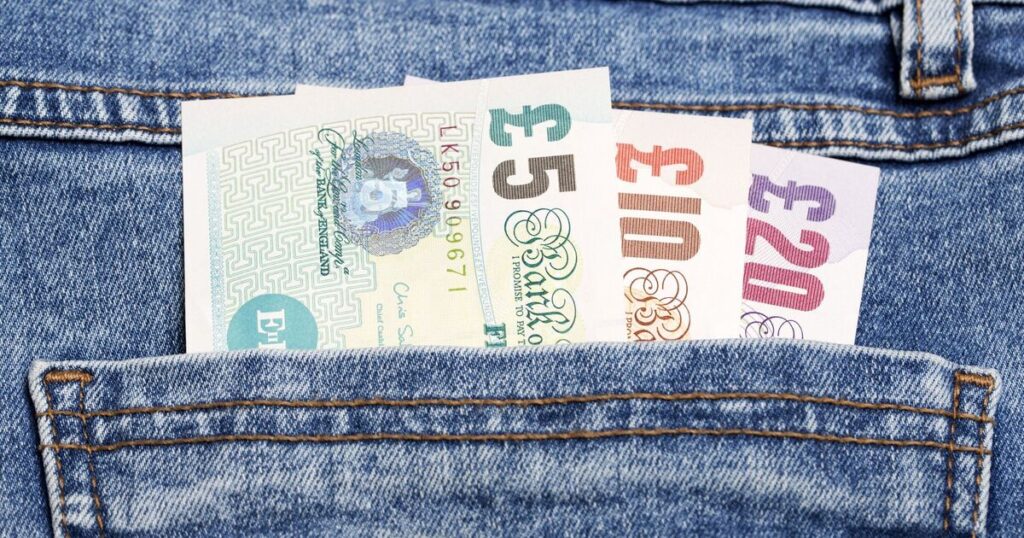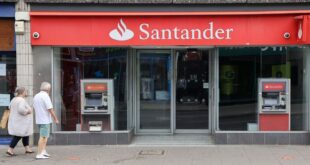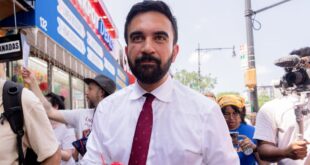
The Bank of England is under mounting pressure to deliver a shock half-point interest rate cut in May to avoid Britain plunging into an economic deep freeze.
Former Bank of England deputy governor Charlie Bean has urged Threadneedle Street to slash the base rate from 4.5% to 4%, insisting a bold move is vital to shore up fragile business and consumer confidence.
Bean branded the current situation “crazy” and compared the scale of economic uncertainty to the 2008 crash, warning of a looming “disinflationary shock” if policymakers dither.
“This is not the time for caution,” he said. “What we’re seeing now is deep uncertainty — business orders collapsing, confidence draining, markets rattled. A cut of 0.25% simply won’t cut it. The Bank must get ahead of this.”
His call is echoed by a growing chorus of financial voices who say a 0.5% cut is no longer radical — it’s essential.
“Tariffs like these are economic hand grenades,” said Bob Singh of Chess Mortgages. “The only question now is not whether to cut — but by how much. Half a per cent would send a clear signal that the Bank is serious about protecting growth.”
Markets, jittery since Trump slapped punishing tariffs of up to 34% on global imports, have priced in a smaller quarter-point reduction next month. But many believe the Bank is already behind the curve — and that May’s meeting is the last chance to act before the slowdown becomes a slump.
David Blanchflower, a former rate-setter who famously warned of the 2008 crash, backed Bean’s stance, urging the Bank to consider an emergency cut even before its next scheduled meeting. “You need to care about consumer confidence,” he said. “Once that goes, you’re staring at recession.”
Supporters of a sharper cut argue that the economy is facing a perfect storm: investment on hold, stock markets in freefall, and fears of a US-led recession spreading fast. The Office for Budget Responsibility warns that trade wars could shave 1% off the UK’s national income, extending economic stagnation for another year.
And while the Bank’s official stance has been one of gradualism, critics say that’s no longer sustainable. Inflation is expected to ease in the second half of the year, while wages begin to cool. With swap rates falling and lenders already pricing in cheaper mortgages, the ground is shifting fast.
“Cutting by 50 basis points now could prevent the need to cut by more later,” said Rakesh Dua of DUA Accountancy.
“Waiting risks a tsunami of falling demand, job cuts and business failures. Better to act before the floodwaters rise.”
Yet despite the growing clamour, not everyone is convinced. Some, like Gabriel McKeown of Sad Rabbit, believe the Bank will stick to its cautious script. “Markets don’t set policy — central banks do,” he said. “The Bank may want to remind investors who’s in charge by holding fire in May.”
But for Bean and others, caution now would be a dangerous gamble. “This is a moment for leadership,” he said
“We can’t tiptoe through a trade war. The Bank must act — and it must act decisively. Half a point, nothing less.”
 Latest World Breaking News Online News Portal
Latest World Breaking News Online News Portal






